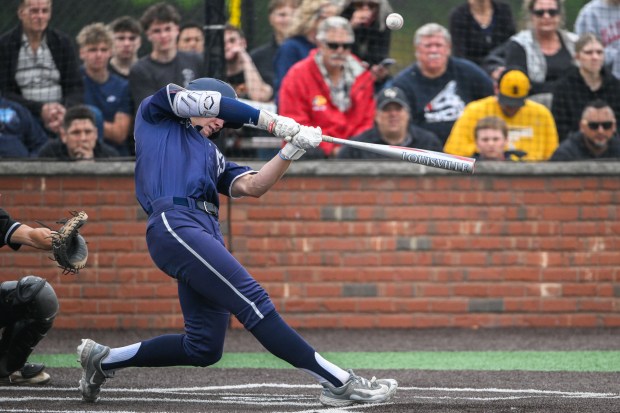An Aurora City Council committee has recommended changes to the Finish Line grant program that is administered by Invest Aurora.
Aldermen on the Finance Committee last week recommended the changes to open up the grants more. Officials from Invest Aurora, a not-for-profit development arm of the city, said the changes would better reflect what the grants are needed for.
Finish Line grants are given to businesses which are redeveloping or relocating to Aurora to help them either finish projects, or get open. They are for businesses to get across the finish line – hence the name.
The project was started in 2015 by Invest Aurora and was funded entirely from money from downtown tax increment financing districts. That meant the projects could only be downtown.
As the TIF districts started to expire, other funding from the city was needed, and it meant the program could open up to projects from throughout the city.
“There were places where we could get more money into the hands of businesses,” said Chris Faber, of Invest Aurora.
For a short period of time, while Invest Aurora was revamping, the program was taken into the city itself, under the wing of the Mayor’s Office of Economic Development. Aldermen earlier this year, with a new agreement in place between the city and Invest Aurora, agreed to transfer the program back to the not-for-profit organization.
Faber said the changes are designed to allow more projects to be eligible for the grants, and to just clear up some language.
For instance, the program has always required that money can only go toward projects in which items are permanently affixed to the property. It means it could not cover certain equipment, and Faber said the wording is “a little gray.”
The proposed change would tighten that up so some permanent equipment could be covered, he said.
Another rule for the grants said there had to be part of any project that would generate food and beverage taxes. But Faber said officials want the money available to residential developments, because the city is encouraging residential development downtown.
The new changes would increase the minimum for an allowable project from $5,000 to $10,000. Faber said all 12 of the projects that have currently applied would still be eligible under that guideline.
Also, officials want to keep applications open all the time, instead of having a one-month period in which businesses can apply.
The proposed changes will go before the full City Council at Tuesday’s Committee of the Whole meeting.
slord@tribpub.com




